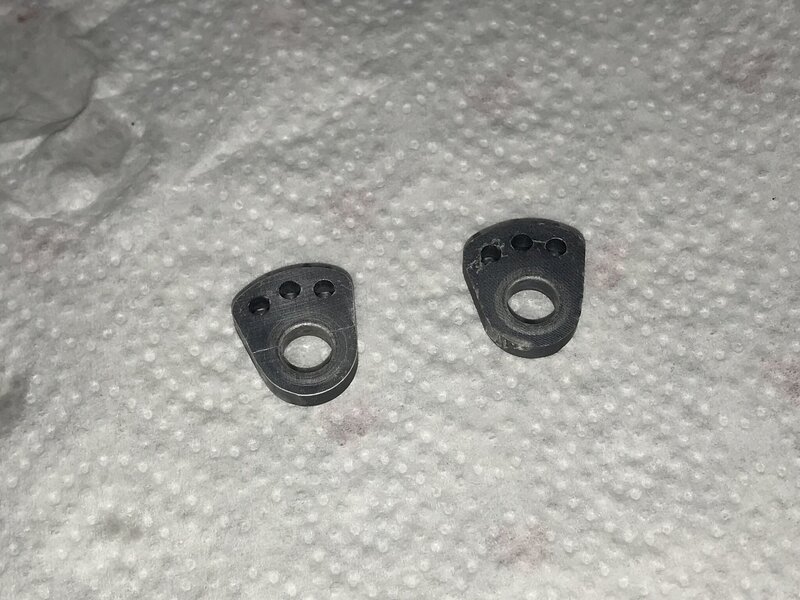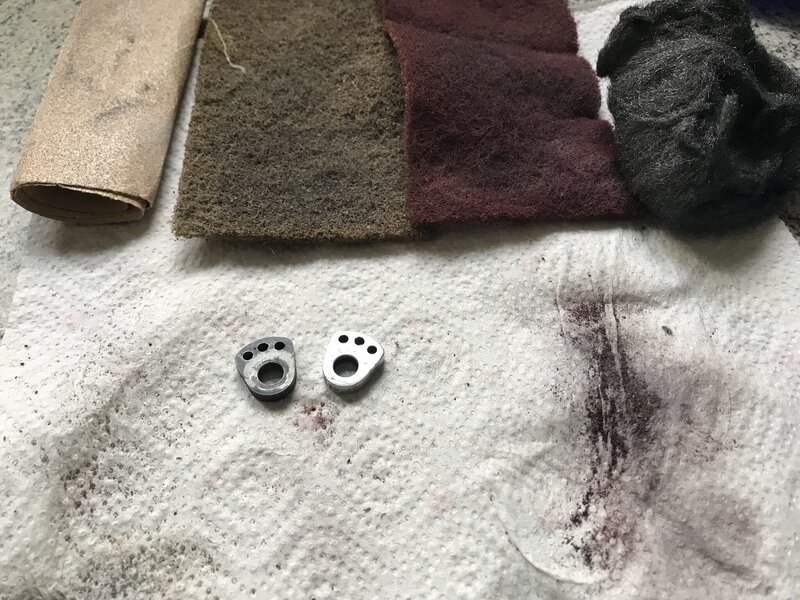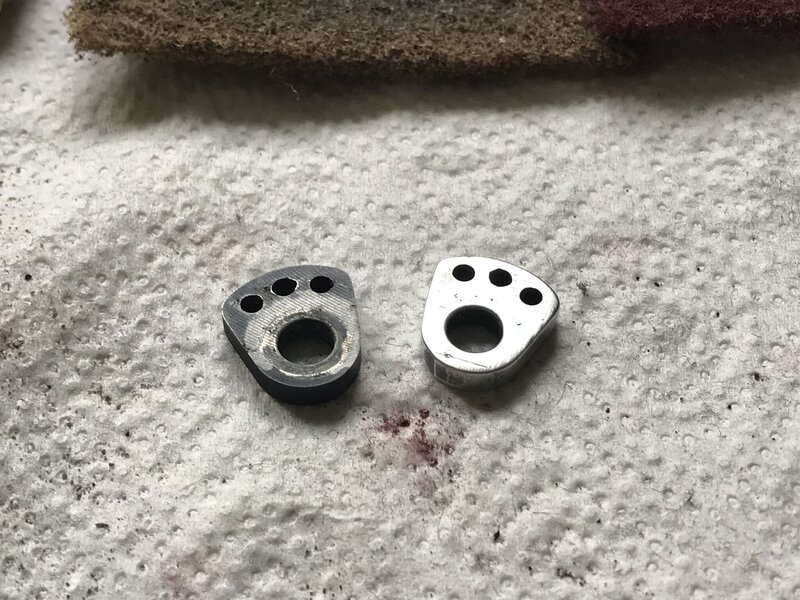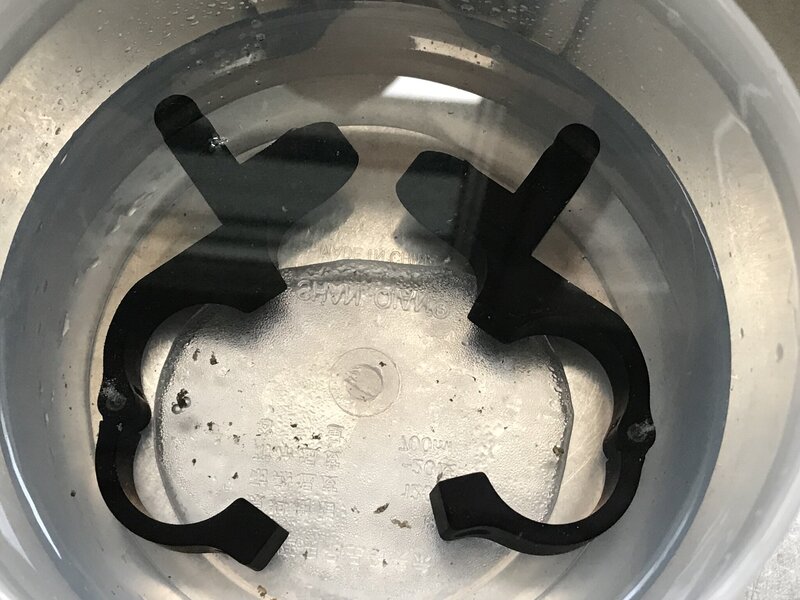do
Hydrofluoric Acid is not suitable to be used at home, just read the MSDS as has already been mentioned. You be very ignorant to suggest otherwise.
Aluminium Anodising is difficult and complex to get good consistent results, especially low scale. In industry, larger tanks and process are easier to control.
I do have a lot of experience with aluminium anodising, when I was doing it I considered myself probably the best in the UK, possibly Europe.
Also worth noting on Sulphuric Acid:
I appreciate your concern. Did you watch the videos I posted? What I do not appreciate are the nanny's prevalent in European politics that simply decide I cannot have 3 - 5% HF solution where if I were home in the US, I can walk into a hardware store and buy what I need, cheap to boot.
The vidoes I posted as well as Caswell for the dyes all urge caution AND go over safety precautions. All important and all part of the process. Burns and possible electrocution? Where do I sign up? Did you also know that mountain biking can be fatal? You swim in public pools? That is a ton of exposure to chlorine which is an absolutely terrible chemical, yet swimming is pretty fun and we're all still here. You drink city drinking water from the tap? Now you're ingesting chlorine and fluoride.
In the titanium video and that of others, everyone is using Wink rust remover. The main ingredient chemical is HF:
A cursory search for "etching titanium" will reference HF solution.
Regarding aluminum, in my last post I referenced a far less hazardous chemical where as the video of the guy anodizing in his basement, uses HF.
What you find difficult and complex about anodizing, I find interesting and entertaining and there really is no mystery to the process. In the end, your opinion lends toward conjecture unless you have personal experience with anodizing. People asked for information and I provided personal experience. They can do whatever the heck they like with that info AND I am not bringing anything new to the conversation that isn't already on the internet. Simple as.
Thanks again for your concern.
Hydrofluoric Acid is not suitable to be used at home, just read the MSDS as has already been mentioned. You be very ignorant to suggest otherwise.
Aluminium Anodising is difficult and complex to get good consistent results, especially low scale. In industry, larger tanks and process are easier to control.
I do have a lot of experience with aluminium anodising, when I was doing it I considered myself probably the best in the UK, possibly Europe.
Also worth noting on Sulphuric Acid:
It is now a criminal offence for members of the public to possess sulphuric acid above 15% concentration without a licence, with offenders facing a 2-year prison sentence and an unlimited fine.




